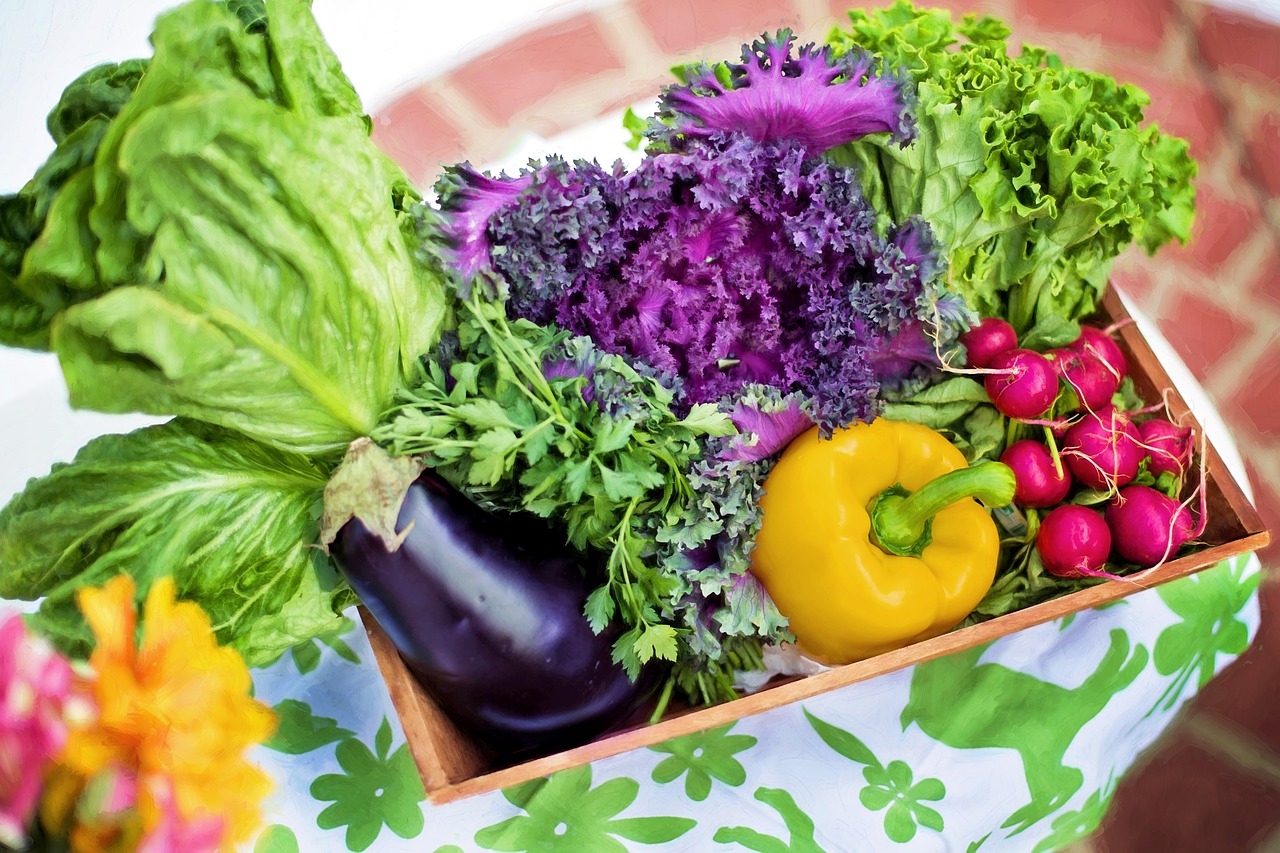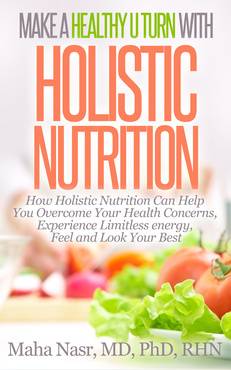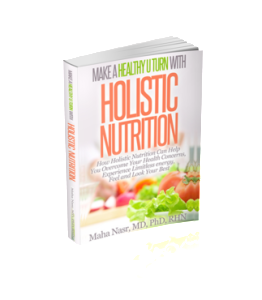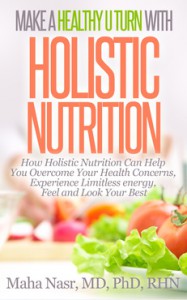Many of the foods we are eating today would not be recognized by our grandparents as food.Moreover most of us tend to eat a limited number of foods that we repeat over and over again every day. These are the foods we are used to eat as children and the foods we like for their taste, color and texture.
If you are choosing your food according to your likes and dislikes only, please ask yourself this question: “Is this food good for me?” For the answer of this question, please continue reading this article.
What is a super food?
A super food is typically minimally processed or a whole food retaining more of the balanced combination of nutrients nature gave them.
A super food is:
- A whole food.
- A raw or minimally processed food (retaining enzymes and energy).
- A food rich in the following nutrients: vitamins, minerals, proteins, fatty acids, antioxidants and phytochemicals.
- A food that assists in the prevention and elimination of disease and premature aging.
- A food that promotes healthy elimination and presence of beneficial intestinal flora.
- An excellent dietary or supplemental addition to your daily intake.
Do you need super foods?
Super foods provide us with quality nutrition needed to meet up with increased nutrient demands imposed on us by our busy and stressful lives and environmental stressors. Also, soil depletion and the use of non-locally produced foods result in produce that contain inadequate nutrient levels for optimal health. Everyone can benefit from super foods, as proper nourishment is fundamental to health and healing. Super foods are excellent for boosting our immunity, improving any inflammatory condition, healing and cancer prevention and treatment.
What are super food categories?
- Vegetables
- Fruits
- Legumes as lentils, beans including garbanzo beans or chick peas
- Organic eggs
- Fish
- Nuts as almonds, walnuts, hazelnuts, pecans and cashews.
- Seeds as flaxseeds, sesame seeds, fenugreek seeds, chia seeds, hemp seeds, pumpkin seeds and sunflower seeds.
- Fruit and berry seeds as acai, acerola, amla, camu camu, goji berries, grape seeds, mongosteen and noni
- Raw honey
- Pollens: all bee and flower pollens.
- Algae as chlorella, spirulina and blue green algae
- Sprouts and young grasses: Sprouts as adzuki beans, alfalfa, broccoli, fenugreek, mung beans, etc. Young grasses as barley grass, wheat grass, oat grass, rye grass, etc.
- Edible wild weeds as amaranth, chickweed, chicory, clover, dandelion, plantain, stinging nettles, etc.
- Spices and seasonings
We offer tele-health coaching via Zoom, so we can help you if you are out of area. If you need help with your health and nutrition, sign up for a 15 Min Discovery Call with Registered Holistic Nutritionist and Life Coach, Maha Nasr to discuss your current goals and concerns and ask how we she can help you.
If you find this information useful, please feel free to share with your family or friends.




